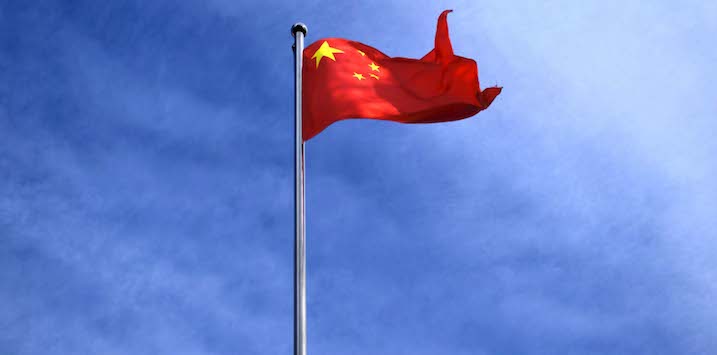
Is China winning the global technology race?
In round one of what appears to be a deepening trade war between China and the US, the battle is on artificial intelligence, quantum computing, 5G wireless applications and genomics. President Trump has unveiled 25 per cent tariffs on $50 billion of Chinese imports and has also asked the US Trade Representative to identify an additional $200 billion worth of Chinese goods for tariffs of 10 per cent.
China has already imposed retaliatory tariffs on steel and aluminium and has proposed $50 billion in tariffs targeting soybeans, chemicals and automobiles.
Of the $375 billion of US goods deficit with China in 2017, $207 billion or 55 per cent came from Computers & Electronics and Electrical Equipment, and we wonder if Trump’s goal is to reduce the US dependence on components made in China and shift the supply chain back to the US or their near neighbours. America’s top Information and Communications Technology businesses each have a substantial portion of their supply chain sourced from China. Logically, US, European and Japanese firms will aim to make supply chains shorter and simpler by pulling a greater proportion of production back to their domestic markets.
Conversely, the “Made in China 2025” plan aims to make China a world leader in ten strategic industries, by replacing much of the foreign technology it currently imports, with locally-made components. This will include aerospace equipment, industrial robotics, satellites, semiconductor parts and machinery.
An example is semiconductors, where China consumes 60 per cent of the world’s semiconductors, but only produces 15 per cent of the world’s semiconductors. Recently, China approved a $47 billion spend to accelerate the build-out of its domestic semiconductor industry. And this came after China allocated over $100 billion in public and private funding in 2014 to build out the industry as part of the “Made in China 2025” plan.
While shifting the source of key components will be challenging in the short term, every time the US regulates in blocking China from acquiring US “industrially significant technology”, it seems China will redouble its effort to catch up in these sensitive areas.
Interestingly, the Chinese internet companies stand out because they purchase stakes in many of the more interesting, younger private technology companies. Tencent and Alibaba are building vast constellations of satellites, with Tencent owning more than 600 investments and Alibaba owning around 400 investments. Alibaba, for example, is investing in “New Retail”, logistics, and food delivery to create a single integrated shopping experience in China, and beyond. Of course, many of these investee companies may fail. But when we analyse the list of the global top 20 unicorn start-ups with an estimated market value over $10 billion, eleven are Chinese, six are American and two are Indian. The same proportions, in terms of source of country, applies for the top 50 unicorn start-ups with a value exceeding $1 billion.
The biggest US technology stocks, by comparison spend a lot of their free cash flow on stock buybacks and dividends. According to Bloomberg, between 2015 and 2017, the biggest five US technology stocks (especially Apple and Microsoft) spent $228 billion on stock buybacks and dividends, while the top five Chinese technology stocks spent $11 billion over the same period. Does this indicate China is winning the global technology race?
The Montgomery Global Funds own shares in Alibaba, Apple, Microsoft and Tencent. This article was prepared 27 June 2018 with the information we have today, and our view may change. It does not constitute formal advice or professional investment advice. If you wish to trade Alibaba, Apple, Microsoft or Tencent you should seek financial advice.
With the trade war between China and the US heating up, David takes to look at the underlying reasons. Is Trump’s goal to reduce the US dependence on components made in China? Share on X
Instead of asking the question of who’s winning (without answering it), look for the long term vision and evaluate it’s strength, it’s clarity and the ambition it is reflecting. The effect that will have on the battle for pace, edge, influence and dominance over the next decade is far greater than finding out who’s the winner of the first (of many) heats.
Thanks Lars. Yes, it is a race over many heats. There is a fascinating recent interview on Bloomberg with Nasper’s (31% shareholder of Tencent) CEO, Bob Van Dijk. A good insight into how some investments take many years to mature, others many quarters.